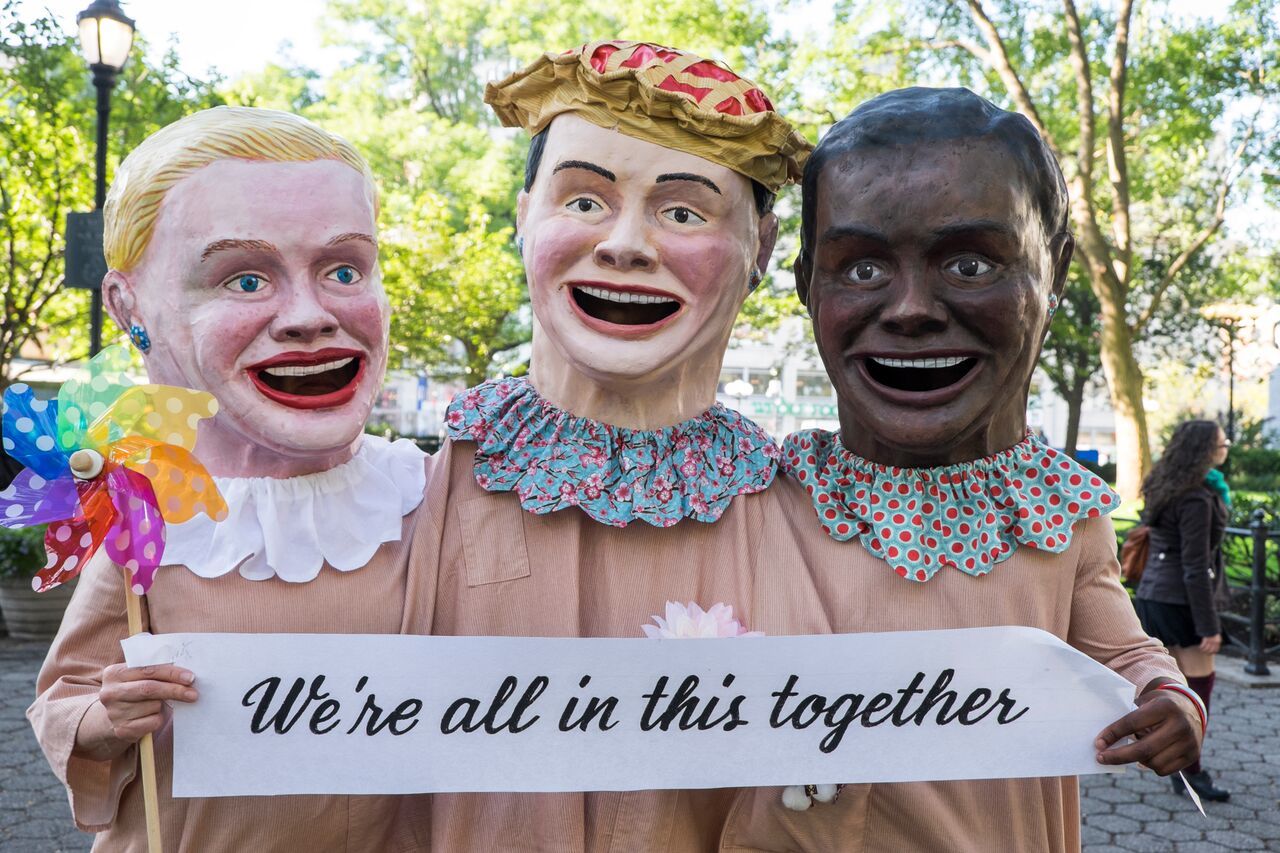Sally Thomas
Hindsight
Silence fell at daybreak, when an early
Riser or a late-to-bedder might
Glance out into nothingness, pierced only
By a bicycle's flickering red taillight
Dwindling into gray, a seagoing boat
That breasts the morning tide and, traveling down
The world's hazy curve, is lost to sight.
My memory likewise sets out from the known
World of things I'm sure I saw and heard,
Into murky unmapped waters. If I wrote,
Those were happier days, at which false word
Would the anchor drag? Or the opposite—
I cried buying clementimes in the market—
If I say it, I cannot make it true,
Or truer than it is. Coins in my pocket?
Yes. Were they enough? That I don't know.
I see now, in my mind, the clear pondwater
Aspect of a gusty winter sunset.
Starlings swirl like sediment. My daughter
Says—what?—as I watch them. I forget.
I remember how things looked, our narrow flat,
The lane rain-silvered. I can almost hear
Wind shivering through our windows. More than that?
It isn't there. It isn't anywhere.
Little Song
Up with the mockingbirds, down with the sun.
Open the coop. See the guinea hens run.
Ma's hulling snap beans. Pa cleans his gun.
What are you doing, and what have you done?
Here is the saddled mare, hair, skin, and bone,
Switching her duster-tail over her roan
Hindquarters, flybitten, sweaty and blown.
Where are you going, and where have you gone?
The babies are crying. The high-riding moon
Primes your garden for planting. So, later or soon,
Your harvest will ripen. You'll set down your spoon.
What's this you are spinning? What's that you have spun?
Creak goes the rocking chair. Glare goes the sun.
The radio's wailing Be My Only One.
Awk shriek the guinea hens. Bang goes the gun.
This punchline's not funny. Are we having fun?
Winds walk in whispers. Down hammers the rain,
Washing the seed-headed grasses. Explain
These worn-away words on this lichen-laced stone—
What did you do? What did you leave undone?
After the Cave
By cars parked nose-to-tail beside the trailhead,
A girl in a dark-blue hoodie walks apart,
Hugging herself. This boy she knows is dead.
Now she wraps her arms around her heart
To hold it in her body. It too might fly
Out of her to vaporize in sunlight,
Become no longer flesh, but what we think of
When we say soul. Teeth set, she holds it tight.
You see her resolution: not to love
So much the ones she loves. Not, now, to die
Herself, because this boy she knows is dead.
On the windy sky, two redtails wheel and cry.
The noon sun lays its white hand on her head.
|
|
 |
 |
| AUTHOR BIO |
| Sally Thomas is the author of two poetry chapbooks, Fallen Water (2015) and Richeldis of Walsingham (2016), both from Finishing Line Press. Recent honors include second place in the North Carolina Literary Review's James Applewhite Poetry Prize, for her sonnet "Daybreak." A second poem, "Magus at Twilight," was cited as a finalist in the same competition. In addition to the North Carolina Literary Review, her poetry and fiction have appeared recently or are forthcoming in Dappled Things, Presence, Relief Journal, The Orchards Poetry Journal, and Wild Goose Poetry Review. She lives with her family in North Carolina.
|
|
| POETRY CONTRIBUTORS |
 Barbara Crooker Barbara Crooker
 Alexandra Donovan Alexandra Donovan
 Jehanne Dubrow Jehanne Dubrow
 Kathleen Goldbach Kathleen Goldbach
 Colleen S. Harris Colleen S. Harris
 Brittany Hill Brittany Hill
 Katherine Hoerth Katherine Hoerth
 Lynne Knight Lynne Knight
 Jean L. Kreiling Jean L. Kreiling
 Angie Macri Angie Macri
 Carolyn Martin Carolyn Martin
 Kathleen McClung (Featured Poet) Kathleen McClung (Featured Poet)
 Mary Mercier Mary Mercier
 Ann Michael Ann Michael
 Leslie Schultz Leslie Schultz
 Myrna Stone Myrna Stone
 Jean Syed Jean Syed
 Ann Christine Tabaka Ann Christine Tabaka
 Sally Thomas Sally Thomas
 Doris Watts Doris Watts
 Joyce Wilson Joyce Wilson
 Marly Youmans Marly Youmans
|
|
|
 |
|
 |
|
|
|
 |
| Megan Marlatt:Looking like large puppet heads, it was "anima", the root of "animation", that led me to the making of the big heads, (or "capgrossos" as they are called in Catalonia where I learned the craft.) Anima is the soul or what breathes life into a being and to animate an inanimate object, an artist must insert a little soul into it. However to bring attention to what is invisible, (the soul), I chose to mold its opposite in solid form: the persona, the ego, the big head, the mask. Nearly every culture across the globe has masks. They allow performers to climb into the skin of another being and witness the other's world from behind their eyes. While doing so, the mask erases all clues of the performer's age, gender, species or race. In this regard, I find them to be the most transformative and empathic of all human artifacts.
|
|
|
|
|
|
 |
|
 |
|
|
|
|
